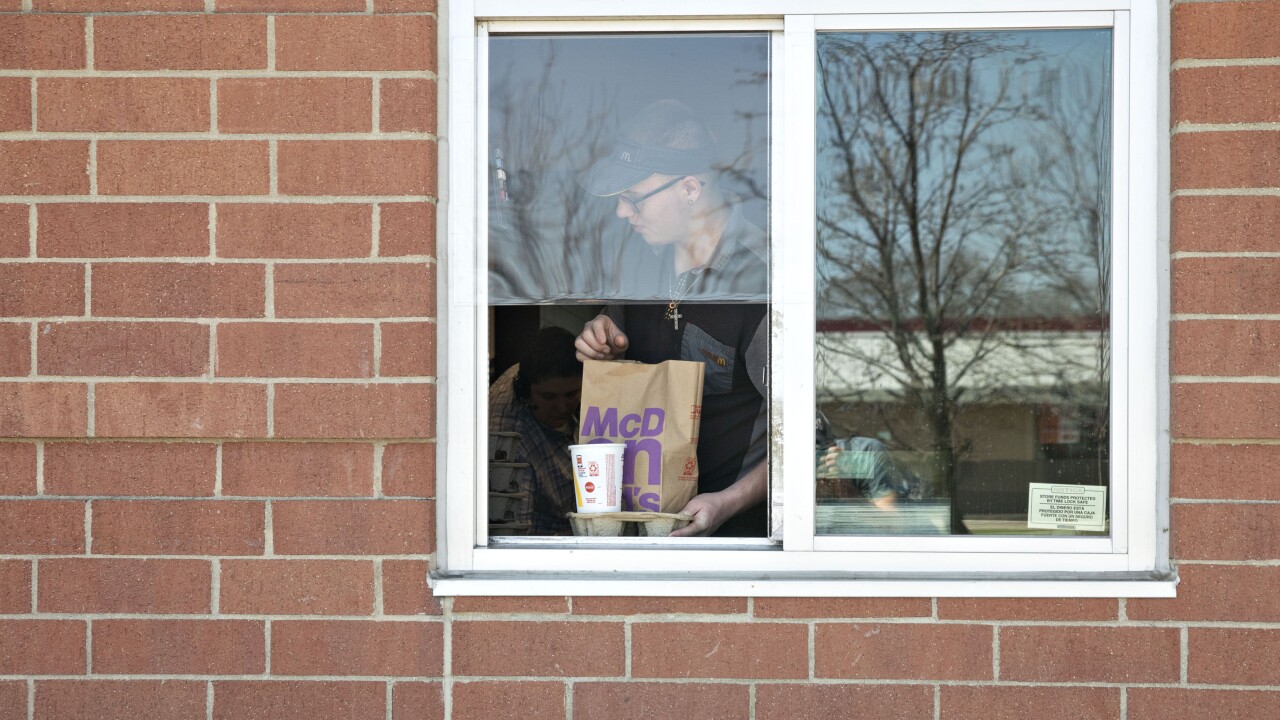Former president Bill Clinton once conveyed messages of hope by referring to a small town by the same name, and the place of his birth, in Arkansas. Once again, hope springs eternal in the Natural State this time for preserving and advancing a model that other conservative regions could emulate in crafting a viable political alternative to Medicaid expansion under the Affordable Care Act.
More than 200,000 low-income residents in Arkansas have enrolled in the states so-called private option, which requires 75% support from the state legislature to continue each year. It passed by a narrow margin in 2014.
But the states new Republican governor, Asa Hutchinson, recently voiced his support of the program, which was crafted by his predecessor, Democratic governor, Mike Beebe, who brokered a compromise with the states GOP in early 2013.
Also see:
Arkansas has played a pivotal role in convincing other conservative states to work within the system rather than completely reject the notion of Medicaid expansion, according to Matt Salo, executive director of the National Association of Medicaid Directors.
Clinton, who was raised in Arkansas and served as the states governor, has lauded the program as an example that could be followed by Republican leaders at the state level of government who staunchly oppose the ACA.
Noting how Arkansas crafted a solution somewhere in that grey space between accepting and resisting traditional Medicaid expansion, Salo believes the stage was set for many other states to pursue something interesting, and innovative and creative.
Also see:
He says one big lesson is conservative states that have already moved forward with their own program expansion will find that it is a very difficult political proposition to completely dismantle those plans in midstream.
In Arkansas, Salo says the idea was to steer 90% of program beneficiaries into public exchange plans whose benefits matched what they would have received in Medicaid. It differs slightly from Indiana, where contributions must be made to a health savings account out of their own pocket. That effort is expected reach 350,000 residents, building on the 7-year-old Healthy Indiana Plan, which covers 60,000 people through high-deductible health plans and HSAs.
Whereas Hutchinson inherited his states Medicaid expansion alternative, Indiana Gov. Mike Pence, whos also a Republican, actually proposed his states solution, Salo explains, and, therefore, Indiana represents a much more compelling political argument to the people and legislatures in Tennessee, Florida or Texas. The reason is simple: Pence is not a middle-of-the-road Republican whose conservative values can be questioned.
Also see:
Similar concessions involving GOP governors and legislators have been made in Ohio and Pennsylvania. Twenty-eight states and the District of Columbia reportedly have expanded Medicaid under the ACA.
Another issue to consider down the line would be how a U.S. Supreme Court ruling that erases subsidies for those who receive HIX coverage through the federally facilitated marketplace will affect alternative approaches to Medicaid expansion. Salo surmises that there could be a combination of political, policy and legal implications tied to the definition of a state exchange.
Strategies designed to preserve those subsidies could involve anything from states passing legislation to formally label their HIX a state exchange to building their own exchange over time, Salo says, noting how some states have a partnership approach with the federal government. If FFM subsidies were to be invalidated, he says millions of Americans would lose their health insurance coverage and most states would be left scrambling for a solution to this problem.
Also see:
At any rate, he believes it would actually drive the case for Medicaid expansion even more than the current climate because theres greater use of public exchanges in states that have decided against traditional Medicaid expansion.
In California, for example, he says Medicaid has been expanded up to 138% of the federal poverty level, while everybody up to 400% of that level has access to a HIX subsidy. If youre in Texas or Florida, he continues, everybody above 100% of poverty in your state gets access to massive subsidies in the exchange, which shields them from the blow, somewhat, of not doing the expansion.
Hutchinson has expressed concerns about what will happen in Arkansas when the 100% federal match on Medicaid expansion falls to 90% in a few years, as well as the prospect of the states program beneficiaries losing coverage. He also has called for a two-year extension of the private option in its current form, according to The Washington Post.





